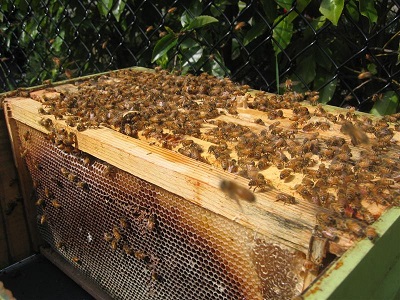“It is a nightmare to live in a place where you have no idea if your animals will be there tomorrow”
Residents of Kailer village normally live to the rhythm of mooing cows and bleating goats. But over the past year, silence has reigned over these swathes of dry land dotted with cacti and mathenge, a dense shrub.
Faced with severe drought, herders and their animals have had to travel further than normal to find water or grazing – and to escape worsening raids on their livestock at home, say the village’s women.

“We don’t know when they’ll return, as cattle raiders may attack them on the way,” said a worried Christine Lewatachum of Kailer, a village in the Rift Valley county of Baringo.
As climate change brings worsening drought and more erratic rainfall, competition for water and grazing is growing, stoking rivalry and theft between livestock herders.
Women and their children, left to mind some of the animals at home, also find themselves vulnerable to livestock raids – and left without an income when they happen.
But an unusual kind of livestock is helping: bees.
Since 2009, women in the village – and others like it in the region – have managed beehives as a new way of earning a living.
They use the hives to produce honey, soap, beauty creams, candles and cough syrup, among other products, and sell them to residents from neighbouring villages.
While the business has been going on for some time, it is proving particularly valuable as droughts grow more frequent and severe as a result of climate change.
Even as conditions grow more uncertain, “we want to break free from poverty,” said Josephine Lemangi, one resident.
Solomon Kerieny, an animal production officer at the Ministry of Agriculture, said that a longer dry season and erratic rainfall have severely affected earnings from livestock, making families more vulnerable.
“When houses lose livestock, they lose their livelihood,” he said. “Women need to embrace alternative sources of income like beekeeping so they can withstand weather shocks like these.”
Foiling Cattle Raiders
For women in Baringo county, cattle raids and violence are a fact of life. In 2009, Faith Lekimosong, a member of the women’s group, was forced to leave her village of Kiserian without her livestock – 80 goats and 18 cows – after eight raiders attacked her home.
“After that I would hear gunshots ringing in my head for a long time,” she recalled, having found refuge in a nearby village.
“It is a nightmare to live in a place where you have no idea if your animals will be there tomorrow,” she added.
The women’s group, which Lewatachum co-founded in 2000, initially specialised in buying and raising dairy goats “to stop depending on our husbands’ income”.

